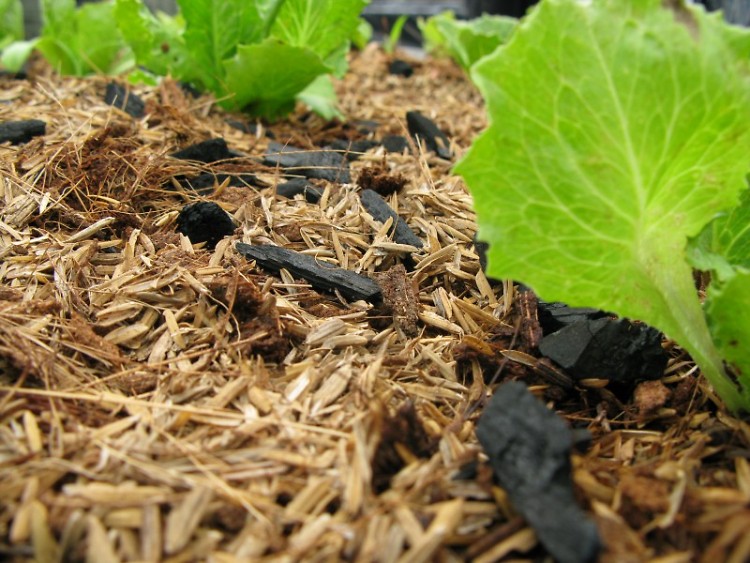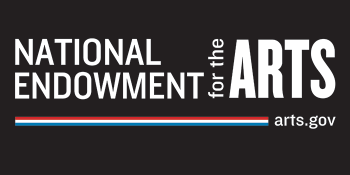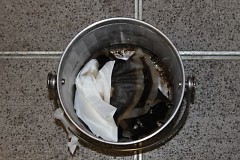A local company is getting a boost of new business, thanks to demand for composting services in outlying areas. Grand Rapids-based composting firm New Soil announced recently that it would expand services across large portions of Muskegon, Spring Lake, Fruitport and Grand Haven.
For the past two years the Muskegon Area Sustainability Coalition (MASC) has discussed the possibility of bringing composting to commercial facilities in Muskegon. Plans to partner with a company able to accommodate the region’s composting needs began to solidify last March when MASC hosted the Community Briefing on Commercial Composting at Muskegon Community College. New Soil agreed to begin servicing the area earlier this summer after it had acquired enough clients to justify the cross-county trip.
About 85 percent of waste sent to landfills is compostable material, according to MASC, and with the growing number of businesses across West Michigan, that’s a significant amount of commercially-generated garbage that otherwise could be turned into fresh, nutrient-rich soil.
“Our goal is to find a home and a place for every item,” said Larry Ellis, of New Soil’s commercial sales department.
According to Ellis, most of what’s typically deemed ‘trash’ can be composted, including food scraps, plant clippings, paper towels, coffee filters and even junk mail.
“As more businesses set zero waste to landfill goals in West Michigan, it was necessary that we build enough demand so we could ask New Soil to expand their capabilities into this area” said Renae Hesselink, Vice President of Sustainability for Nichols and MASC leadership team member, in a statement. “I have heard many success stories in the surrounding communities of Grand Rapids, Holland and Allegan that it just made sense to continue educating on the benefits.”
Ellis said the hope is that, in the future, composting will be the norm.
The Rapidian, a program of the 501(c)3 nonprofit Community Media Center, relies on the community’s support to help cover the cost of training reporters and publishing content.
We need your help.
If each of our readers and content creators who values this community platform help support its creation and maintenance, The Rapidian can continue to educate and facilitate a conversation around issues for years to come.
Please support The Rapidian and make a contribution today.


